O’Sullivan’s natural showmanship and compelling character have made him one of the most popular sportspeople since he won the UK Championship as a 17-year-old in 1993. His maverick qualities form part of Parris’ willingness to work with O’Sullivan, even after the destruction of one of his workshop’s fine creations.
“People just love to watch him,” Parris says. “He is a little bit naughty sometimes. He is his own man. He does what he wants to do. So I guess people relate to that and love him for it.
“We’re mates, I suppose. He knows I’m there if he wants something. He doesn’t really need to ask for favours because I’ll always do it.”
When Parris is working with players like O’Sullivan, or fellow big-name clients Steve Davis, Dennis Taylor and Judd Trump, he is aiming to help them feel the kind of intrinsic trust sports stars must have in their equipment to succeed at the top level.
“You need to forget about the cue,” Parris insists. “When you’re playing, you don’t want to be thinking ‘oh I wish it was longer or wider’. You just want to pick it up and go ‘this is my cue and I know I can win with it’, and hopefully it gives people that sort of confidence. The old cliche about it becoming part of your arm is probably true.”
O’Sullivan’s semi-final pits him against China’s Zhao Xintong while favourite Trump faces Mark Williams in a high-quality final four.
For Parris, the thrill of victory is the reason he has no desire to stop offering his craft to the world’s best players now that he is into his 70s.
“You get a buzz,” he says. “That’s what it’s all about – seeing something we’ve created win. I’m never going to lift a trophy, but I just think ‘that’s little bit we’ve done for that player there’.
“The way Ronnie is playing at the moment, I don’t think he believes he can win it. But he pulls out some special things sometimes, doesn’t he? So never say never.”

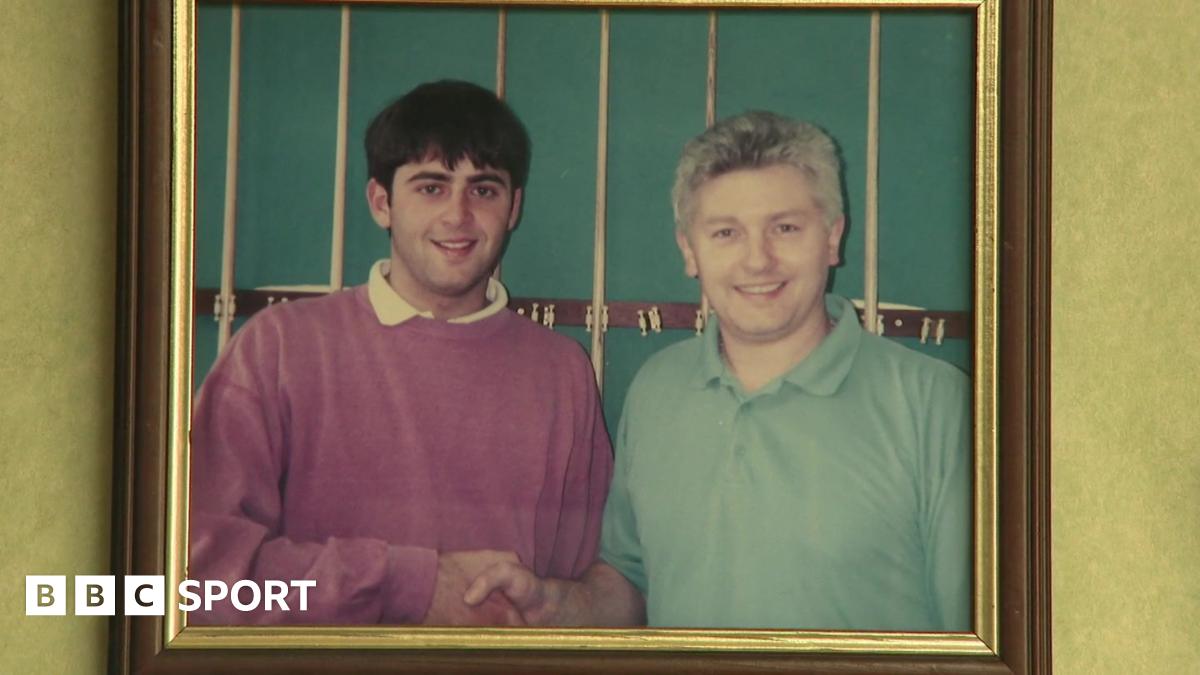


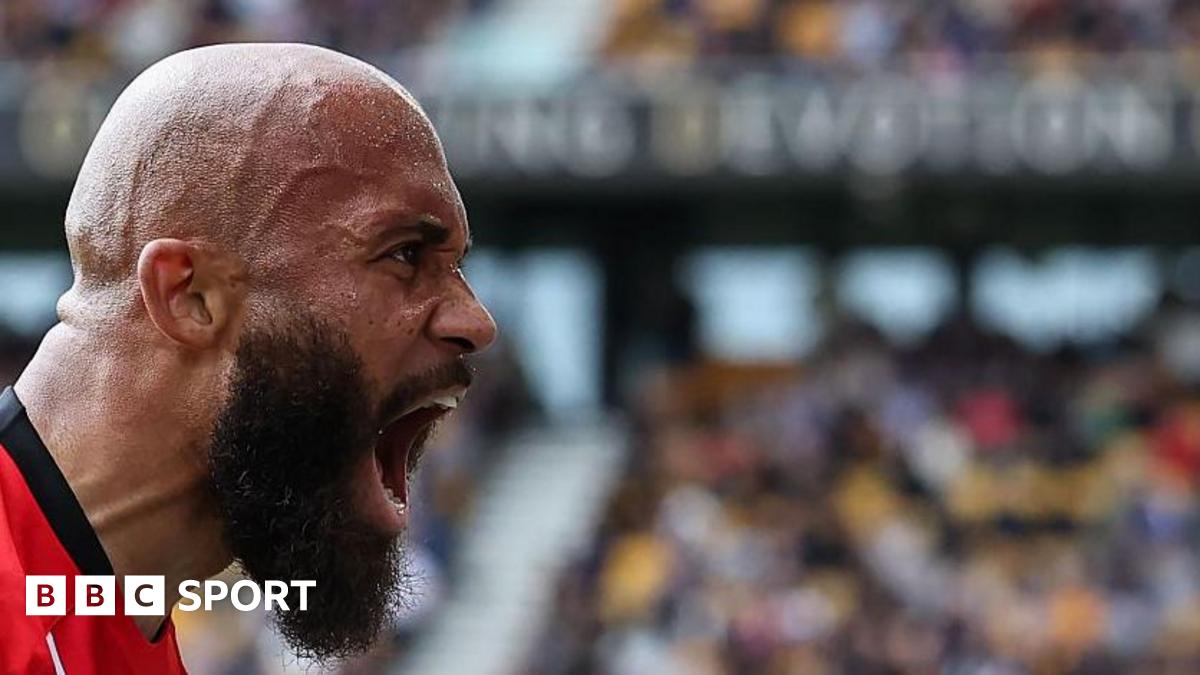



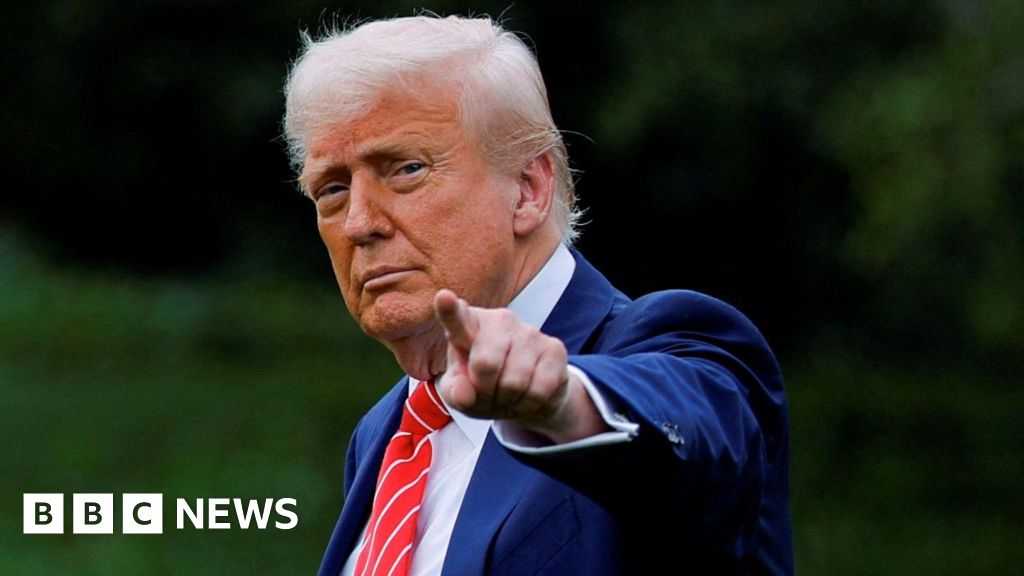


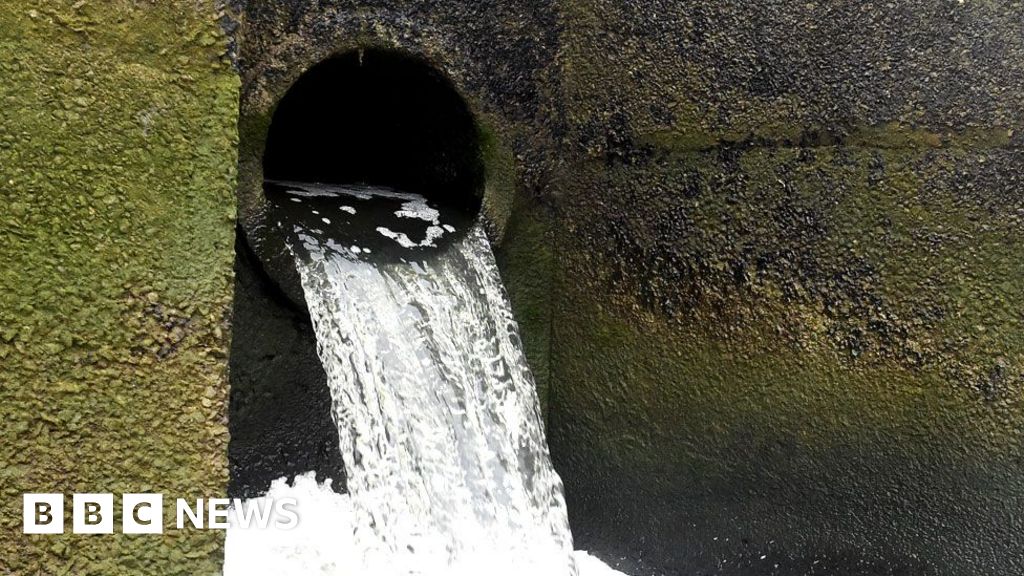


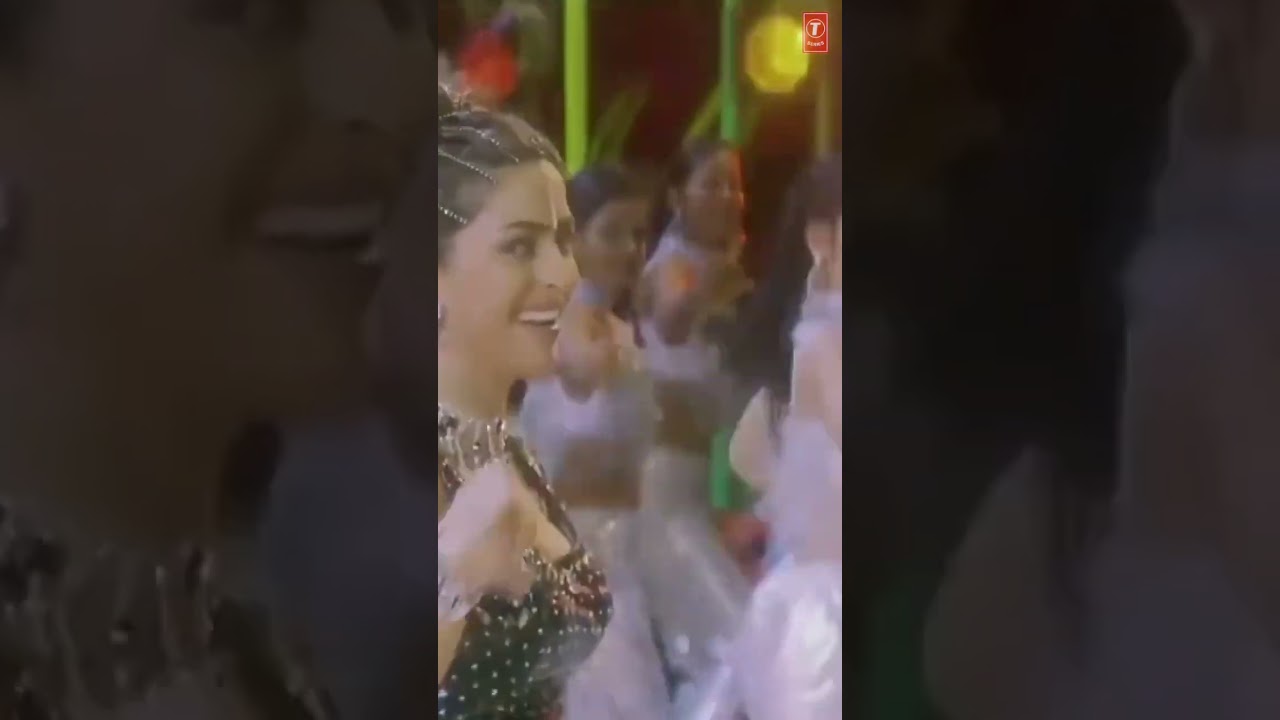
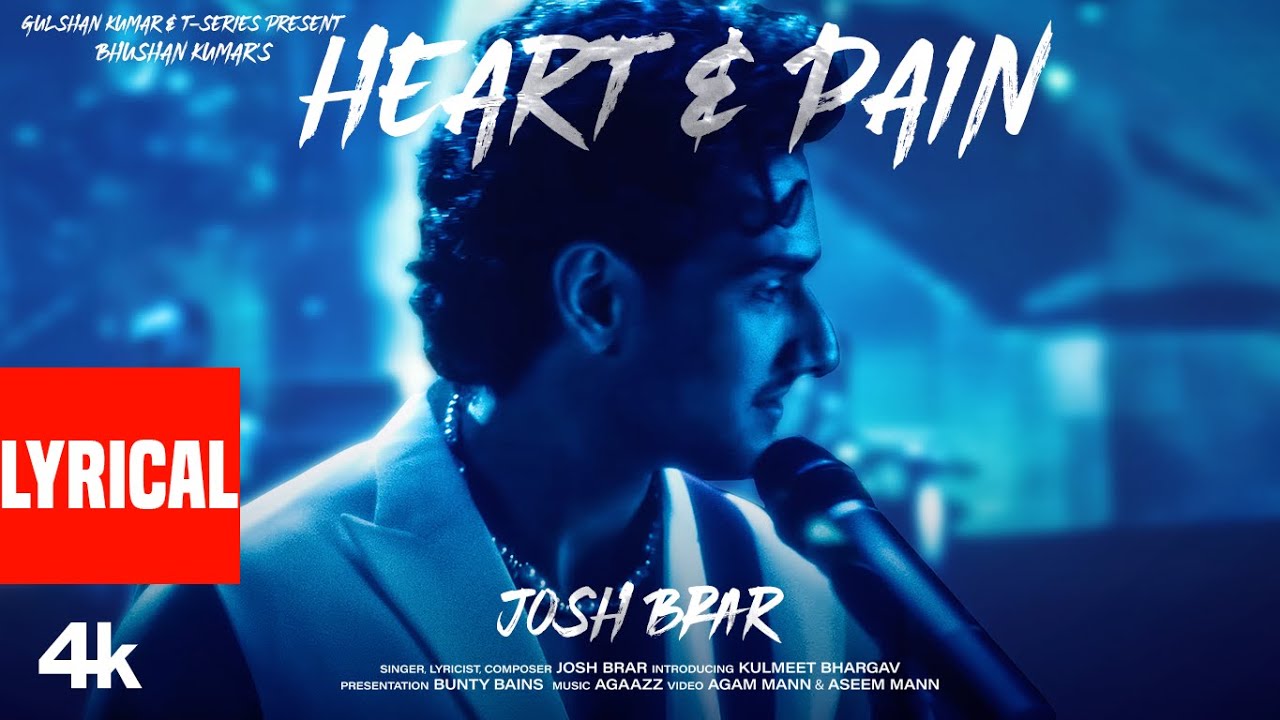
Leave a Reply